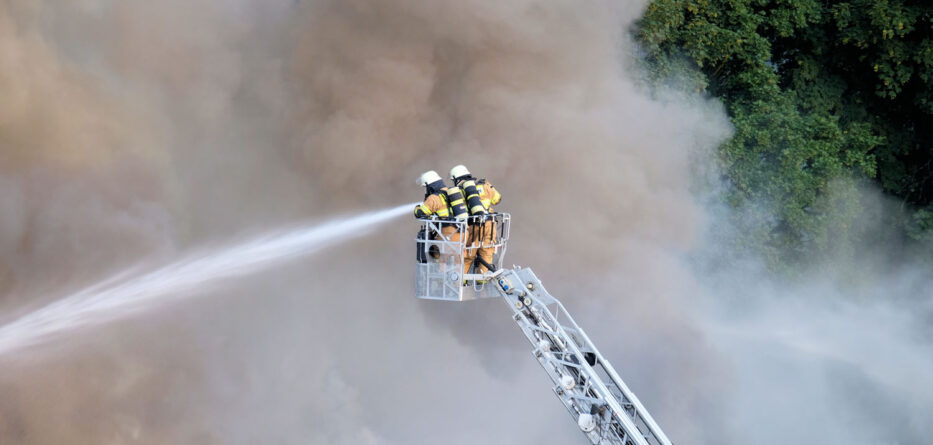San Francisco, CA – After a disaster or very public tragedy, such as the recent Maui fires this week, people want to help in any way possible, often contributing to fundraisers to help the survivors and the victims’ families. Sadly, scammers often take advantage of these moments of vulnerability to deceive donors. In addition, there are often campaigns set up by well-meaning individuals who may not be able to deliver on promised relief activities.
BBB Wise Giving Alliance urges donors to give thoughtfully and avoid those seeking to take advantage of the generosity of others. Here are BBB WGA’s tips for trusted giving:
- Thoughtful giving:Visit Give.orgto verify if a charity meets the BBB Standards for Charitable Accountability. Take the time to find out how the organization plans to address either immediate or long-term needs. The first request for a donation may not be the best choice. Be proactive and find trusted charities.
- Crowdfunding: Keep in mind that some crowdfunding sites take precautions in carefully screening, vetting, and managing postings, while others might not. Review the crowdfunding site to find out about posting procedures, transaction fees and other specifics. It is always safest to contribute to individuals that you personally know. If the post claims to pass collected funds to a charity, consider cutting out the middleman and visiting the charity’s website directly.
- How will donations be used?Watch out for vague appeals that don’t identify the intended use of funds. For example, how will the donations help victims’ families? Also, unless told otherwise, donors will assume that funds collected quickly in the wake of a disaster or tragedy will be spent just as quickly. See if the appeal identifies when the collected funds will be used.
- Newly-created v. established organizations:This is a personal giving choice, but an established charity will more likely have the capacity and experience to address the situation quickly and a track record that can be evaluated. A newly-formed organization may be well-meaning but difficult to check out and may not be well-managed. News reports may help identify responding charities but do not guarantee that the organizations will use donations effectively.
- Give money rather than goods. Donating money is the quickest way to help and provides charities the flexibility to channel resources to impacted areas.
- Be wary of “100%” claims.Watch out for claims that 100% of donations will assist victims and/or their families. While a charity may be using other funds to cover administrative and fundraising expenses, that does not mean those costs don’t exist. See if the appeal includes an explanation about how this percentage is achieved.
- Online caution:Never click on links to unfamiliar charity websites or in text messages or emails. These may take you to a look-alike website where you will be asked to provide personal financial information or may download harmful malware onto your computer. Don’t assume that charity recommendations on social media have already been vetted.
- Identify celebrity fundraising plans.Before donating to a celebrity’s fundraising effort, look beyond the fame. See if they identify plans for the intended use of funds or whether they are collaborating with a well-established charity.
- Financial transparency:After funds are raised for a tragedy, it is even more important for organizations to explain how funds were spent. Transparent organizations will post this information on their websites so that anyone can find out without waiting until the audited financial statements are available sometime in the future.
- Government registration: About 40 of the 50 states in the U.S. require charities to register with a state government agency (usually a division of the State Attorney General’s office) before they solicit charitable gifts.
- Respect for victims and their families: Organizations or crowdfunding postings raising funds should get permission from the families to use either the names and/or any photographs of victims of the disaster or tragedy.
- Tax deductibility:Not all organizations collecting funds in the U.S. to assist after a tragedy are tax exempt as charities under section 501(c)(3) of the Internal Revenue Code. Donors can support these other entities, but keep this in mind if they want to take a deduction for federal income tax purposes. In addition, donor-restricted contributions to help a specific individual or family are generally not deductible in the U.S. as charitable donations, even if the recipient organization is a charity. You can check a U.S. organization’s tax status with the IRS. In Canada, only specific types of registered charities are able to provide tax receipts. If you are unsure whether your donation would be eligible for a tax credit, contact the Charities Directorateat 1-800-267-2384. You can also search for information on which organizations can issue official donation receipts.
Lastly, Hawaii is a very popular travel destination. Prior to making any travel plans, make sure you check any travel restrictions, and possibly see if travel can be rearranged. Make sure you read and understand hotel, airline, and other travel arrangement policies prior to cancellation or rearrangements.






